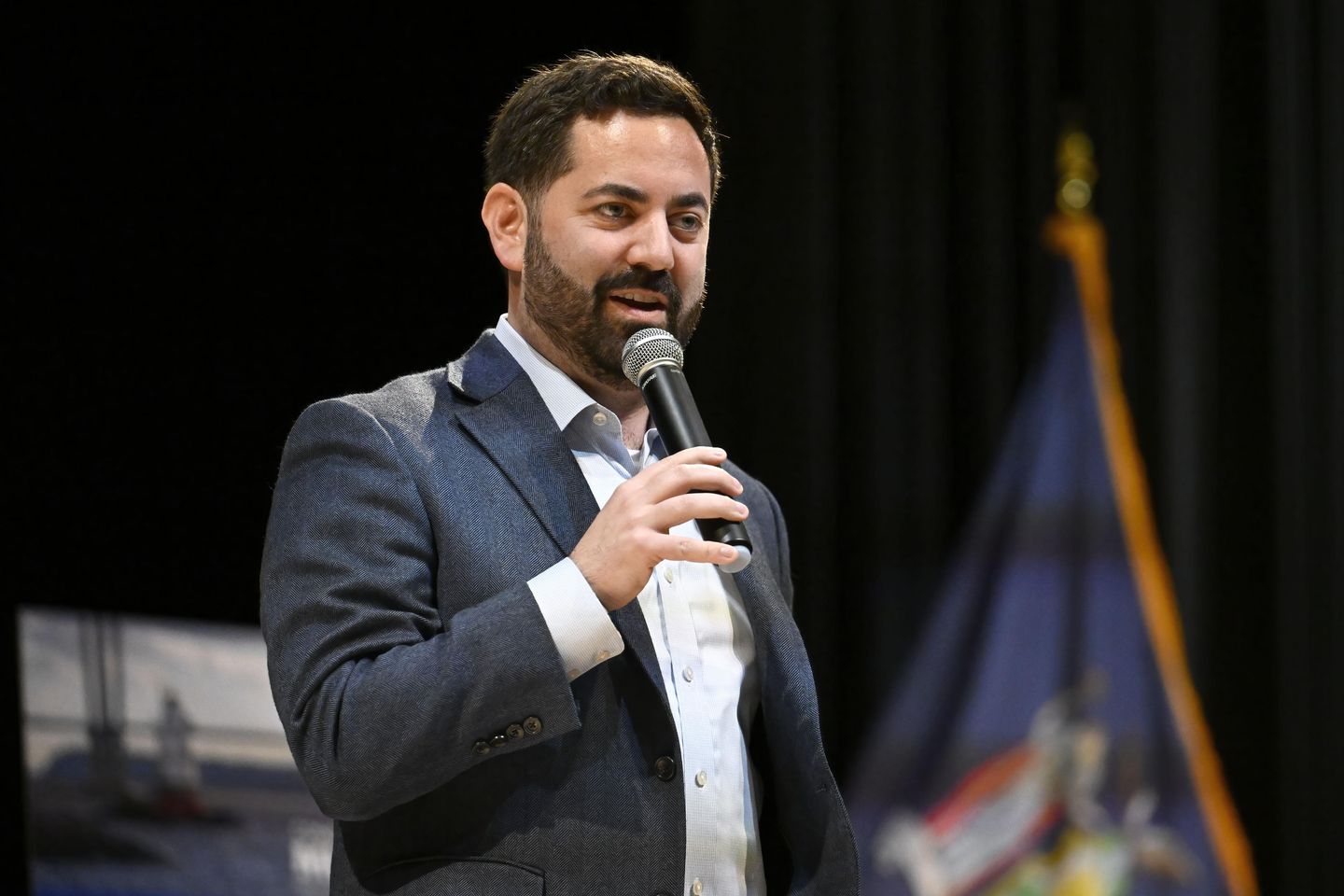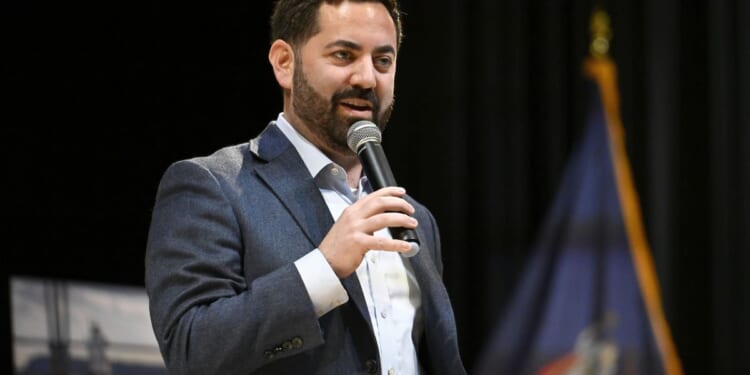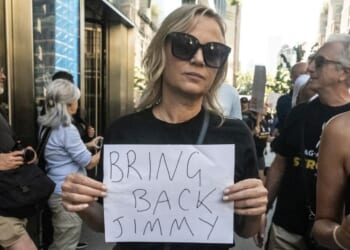
Researchers called out a dark-money activist group for pushing false information about Medicaid reforms in the One Big Beautiful Bill Act to smear several Republican lawmakers.
A report by the Economic Policy Innovation Center sought to correct the record following a series of attack ads by the group Unrig Our Economy, a pass-through organization bankrolled by the George Soros-linked 1630 Fund. The fund is associated with the left-wing Arabella Advisors network.
The ads targeted GOP Reps. Mike Lawler of New York, Mariannette Miller-Meeks of Iowa, Thomas Kean Jr. of New Jersey and Juan Ciscomani of Arizona.
Using individuals with disabilities — including cerebral palsy, autism and Down syndrome — they accused the legislators of supporting “cuts to Medicaid to pay for tax breaks for billionaires.”
The ads insinuated, without directly stating, that the subjects stand to lose their Medicaid benefits as a result of the Trump-backed OBBB reforms.
But EPIC’s report dismantled the claim, noting that, far from being cut, the Medicaid program was projected to grow over the next decade by nearly $200 billion, an increase of more than 30% of the current allocation.
“The reforms in the OBBB do not target low-income children, individuals with a disability, or those who can work and choose to do so,” EPIC Executive Vice President Brittany Madni said in a statement. “These reforms simply ensure limited resources are focused on those who truly need them — Americans most vulnerable — by closing loopholes and strengthening accountability.”
The OBBB incorporates a new work requirement for healthy, able-bodied recipients while adding extra vetting and eligibility checks to close loopholes exploited by fraudsters, particularly in the aftermath of the COVID-19 pandemic.
The bill also carves out a litany of exemptions for those genuinely unable to work, including parents/caretakers of children under age 14, disabled veterans, blind or physically disabled individuals, people with mental and developmental problems, those clinically addicted to controlled substances, and people with any other “serious or complex” medical conditions.











